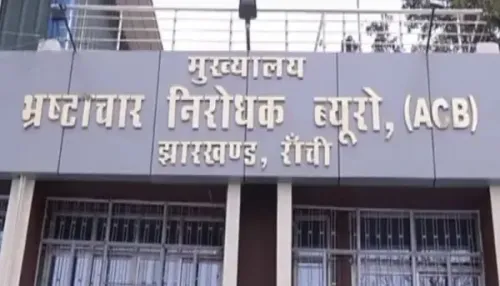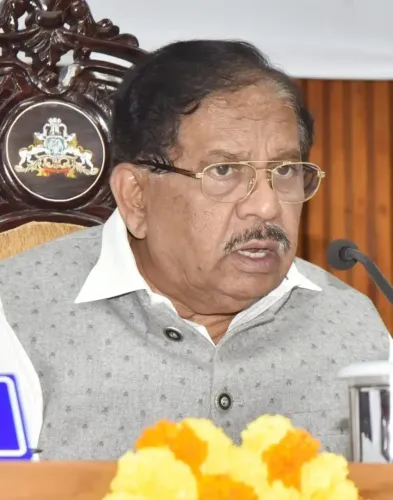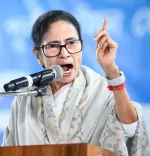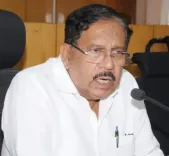Who is the first convict sentenced to life for the 2021 Bengal post-poll violence?

Synopsis
Key Takeaways
- Rafikul Islam sentenced to life imprisonment.
- First convict in 2021 post-poll violence cases.
- Victim was a nine-year-old girl.
- Case investigated by the CBI.
- 22 witnesses testified during the trial.
Kolkata, July 4 (NationPress) A special court in the Malda district of West Bengal has sentenced Rafikul Islam, also known as Bhelu, to life imprisonment, marking him as the first convict in the series of 2021 post-poll violence cases investigated by the Central Bureau of Investigation (CBI).
On Wednesday, a special court found him guilty of heinous charges related to the rape of a minor girl, who was only nine years old, in Manikchak, Malda.
Bhelu, a retired teacher from a state-run school in West Bengal, stands as the first individual convicted among numerous cases stemming from the 2021 post-election unrest.
He faced charges under various sections of the Protection of Children from Sexual Offences (Pocso) Act, 2012, and on Friday, the court decreed a life sentence, as stated by CBI counsel Amitabha Moitra.
“The trial recorded statements from 22 witnesses, culminating in the life sentence for the accused,” Moitra added.
Bhelu was found guilty under Section 6 of the Pocso Act and Section 376AB of the Indian Penal Code (IPC) for committing rape against a minor.
The CBI’s investigation unveiled that the crime took place on the evening of June 4, 2021, while the girl was playing in Bhelu’s mango orchard.
He allegedly lured the minor with money, and both the victim and eyewitnesses provided compelling testimony about the incident to the special Pocso court.
The convict specifically targeted the victim because her family was known to be active supporters of the BJP in the Manikchak area. Numerous instances of post-poll violence were reported across various regions of West Bengal following the announcement of the 2021 Assembly election results in May.
The investigation was handed over to the CBI following an order from the Calcutta High Court.










